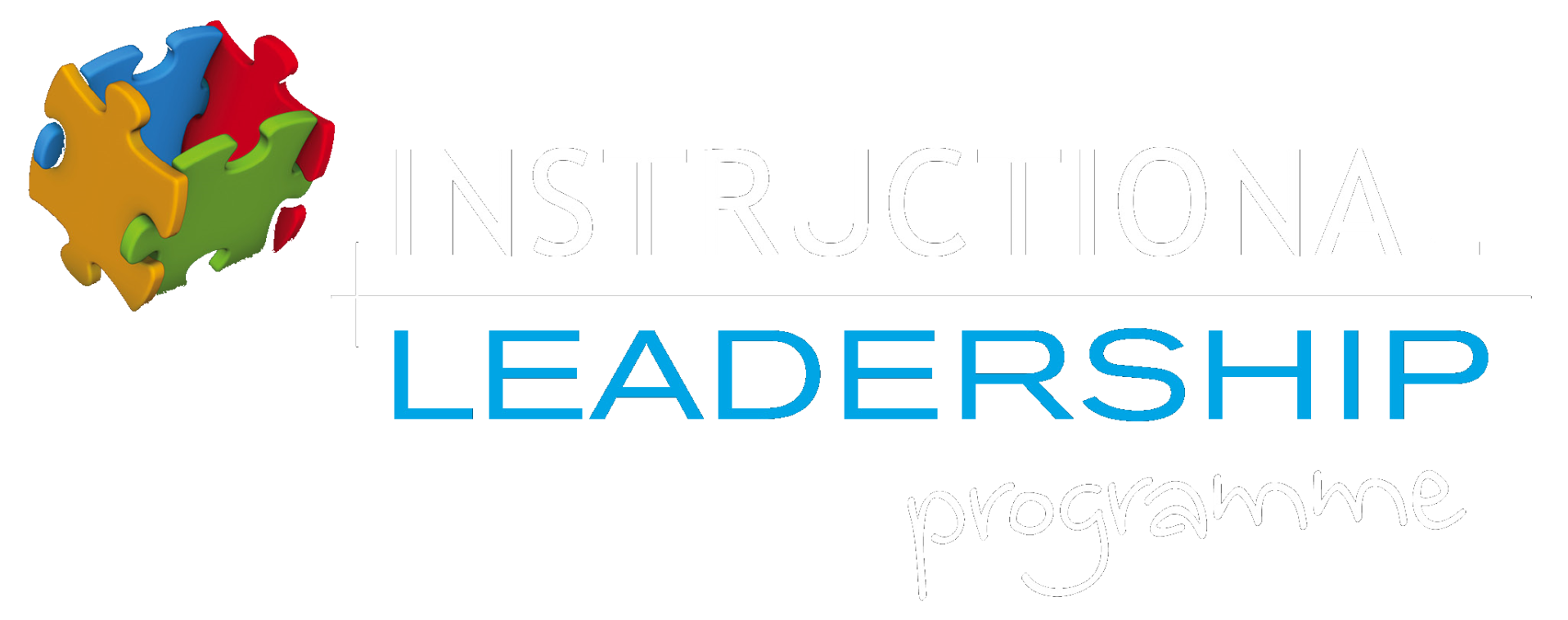Module 1 : Basic Principles of Instructional Leadership
To view Basic Principles of Instructional Leadership powerpoint click here
Aims:
1. To acquaint participants with the general principles and ideas upon which the theory of Instructional Intelligence is built.
2. To develop participants’ understanding ofthe notion of Instructional Leadership.
3. To provide participants with a vocabulary or language with which they can begin to articulate aspects of their practice as teachers.
4. To introduce participants to such central pillars of the theory, and of the teacher’s instructional repertoire, as Skills, Tactics, Strategies and Power.
5. To begin to explore with participants how these terms and concepts interplay with each other in the teacher’s classroom practice.
Content:
- Introduction to the principles and rationale underpinning the whole notion of Instructional Intelligence.
- Exploration of the notion of systemic change as a crucial component in effective Instructional Leadership.
- Facilitation of participant reflection on the nature of instruction and the extent to which teachers consciously think about or articulate their practice, as distinct from their subject knowledge.
- Introduction to the vocabulary of the meta-language of instruction that is required for effective engagement with the theory and practice of Instructional Leadership.
- Exploration of key terms and concepts: Pedagogy, Skills, Tactics, Strategies and
- Consideration of relevant academic research.
Learning Outcomes:
At the end oftheir engagement with this module, participants will:
1. Be able to articulate the key ideas underpinning the theory of Instructional Intelligence.
2. Be aware of the centrality of systemic change to the effective implementation of these ideas in the classroom.
3. Be aware of the application of the theory of Instructional Intelligence to Instructional Leadership.
4. Be able to articulate and exemplify what is meant by Skills, Tactics and Strategies.
5. Have a basic understanding of the interplay that exists between Skills, Tactics and Strategies.

